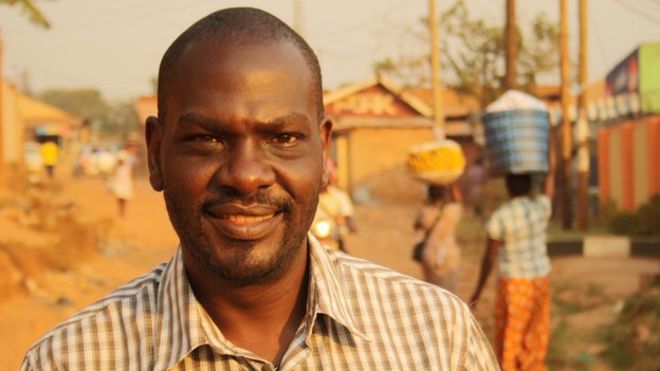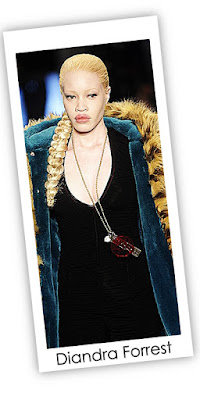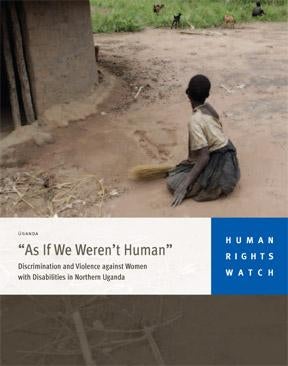Further to the blog on Report on the Rights of Persons With Disabilities (PWDs) which discussed United Nations session held in April 2016. The session was to follow up and address problems with the implementation of the United Nations Convention on the Rights of Persons with Disabilities. A report detailing concerns of the committee was published after the meeting (Concluding observations on the initial report of Uganda).
Point 8 in the report notes that the committee is concerned about persistent discrimination against PWDs. Concluding that the committee is concerned "that the work of the Equal Opportunities Commission (EOC) has not been made known widely among PWDs."
This article is to inform PWDs about the work of the EOC. The following information comes from the EOC website:
Mandate To eliminate discrimination and inequalities against any individual or group of persons on the ground of sex, age, race, color, ethnic origin, tribe, birth, creed or religion, health status, social or economic standing, political opinion or disability, and take affirmative action in favor of the groups marginalized on the basis of gender, age, disability or any other reason created by history, tradition or custom for the purpose of redressing imbalances which exist against them; and to provide for other related matters.
Vision A just and fair society where all persons have equal opportunity to participate and benefit in all spheres of political, economic, social and cultural life.
Mission The EOC is a constitutional body established to give effect to the state’s mandate to eliminate discrimination against any individual or groups of persons through taking affirmative action to redress imbalances and promote equal opportunities for all in all spheres of life.
The EOC website gives the following answers to frequently asked questions (FAQs).
What is affirmative action? It is a deliberate action or initiative taken in favour of marginalized groups to redress imbalances or discrimination on those grounds identified in the legislation.
What happens if equal opportunities laws are violated? In each case, the Equal Opportunities Commission (EOC) will examine & investigate to decide whether the treatment complained of amount to a violation of equal opportunities legislation or goes against affirmative action and then will take appropriate action.
What are examples of discrimination & marginalization? Individuals or groups of persons can encounter unfair treatment in many aspects of their lives. Such unfair treatment might be regarded as discrimination under the equal opportunities legislation in the following examples amongst others:
- A disabled person cannot access a service in a building because, there is no ramp or accessibility for a wheelchair.
- A female colleague earns less than males doing work of equal value.
- Groups of individuals are subjected to cultural acts ,such as female genital mutilation, which impair their enjoyment of human rights.
- An older person or youth denied employment or access to services because of age.
- An individual living with HIV/AIDS is dismissed from his or her employment on the grounds of their health status.
- An expectant mother is denied a job on the basis of her pregnancy, or is denied maternity leave by her employer.
What is marginalization? Marginalization is a situation where a person or group of people are disadvantaged or excluded from accessing opportunities, resources or services, or from taking part in making decisions on matters concerning their lives.
What is discrimination? Discrimination is when a person or group is unfairly or less favourably treated than others on any of the above grounds. It can happen as a result of negative attitudes or prejudice towards an individual or group of persons. Sometimes discrimination occurs as a result of social or economic barriers, political circumstances or bureaucratic requirements that make it more difficult for some people to access opportunities or services.
What does the law on equal opportunities say? Under the equal opportunities legislation it is unlawful to discriminate against any individual or group of persons on the grounds of: (The rest of this paragraph is currently blank. The Mandate quoted above says this list should be: sex, age, race, color, ethnic origin, tribe, birth, creed or religion, health status, social or economic standing, political opinion or disability. The list also includes failure to take affirmative action in favor of the groups marginalized on the basis of gender, age, disability or any other reason created by history, tradition or custom for the purpose of redressing imbalances which exist against them; and to provide for other related matters).
What does equal opportunities mean? Equal opportunities mean that everybody receives the same treatment and consideration in the enjoyment of rights and freedoms. This includes access to social services, education, employment, physical environment and participation in social, economic, cultural and political activities.
How can the EOC deal with people who contravene the law on equal opportunities? Where a violation has taken place, the offending party:
- may be cautioned and directed to rectify the situation
- may be fined
- A person may be imprisoned or be both fined and imprisoned
- How can the complainant be protected?
The law protects people against being victimized after they have made a complaint about discrimination or marginalization. A complaint can also be made in confidence.
How can victims of marginalization or discrimination seek redress from the EOC? An individual or group of people may lodge a complaint relating to discrimination, marginalization or any act which undermines or impairs equal opportunities. The complaint can be in writing or lodged verbally. The Commission will then consider or hear the complaint within a period of six months.
How can the public access the services of the EOC? The EOC can be accessed by contacting us through;
Physical Address
Plot 7 Lithuli close, Bugolobi, Kampala
Postal Address
Equal Opportunities Commission
P.O Box 27672, Kampala, Uganda
For more information go to the Equal Opportunities Commission.























